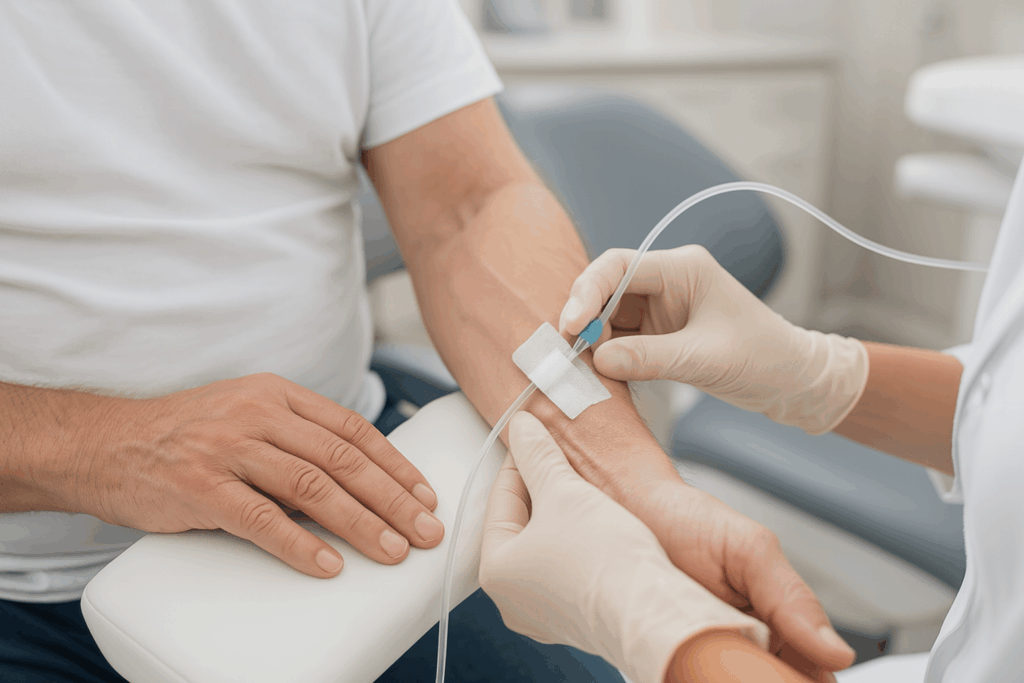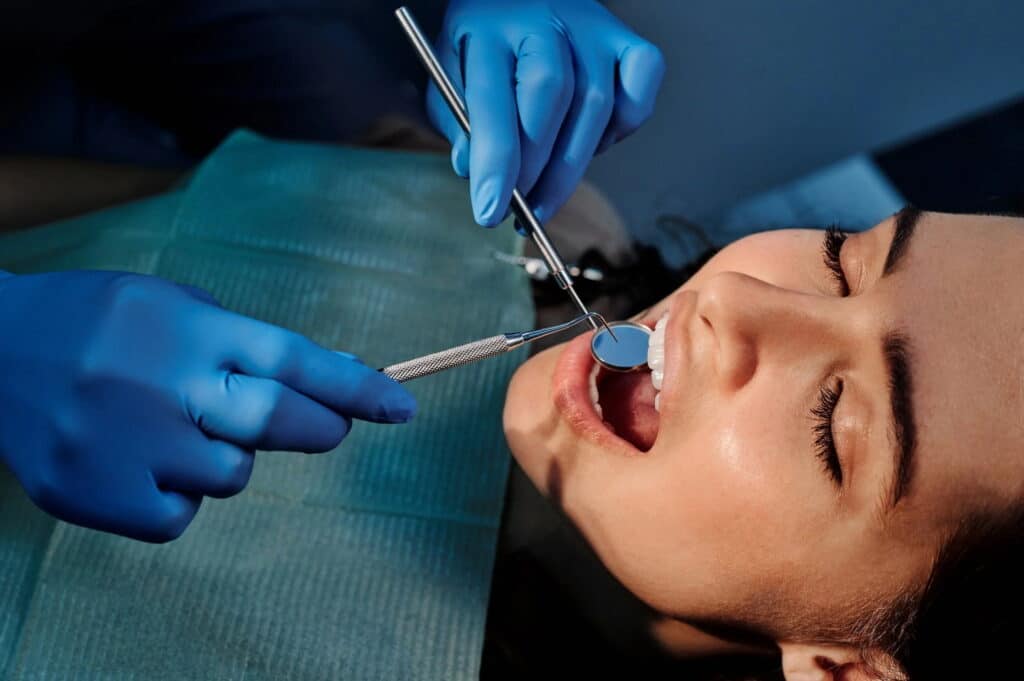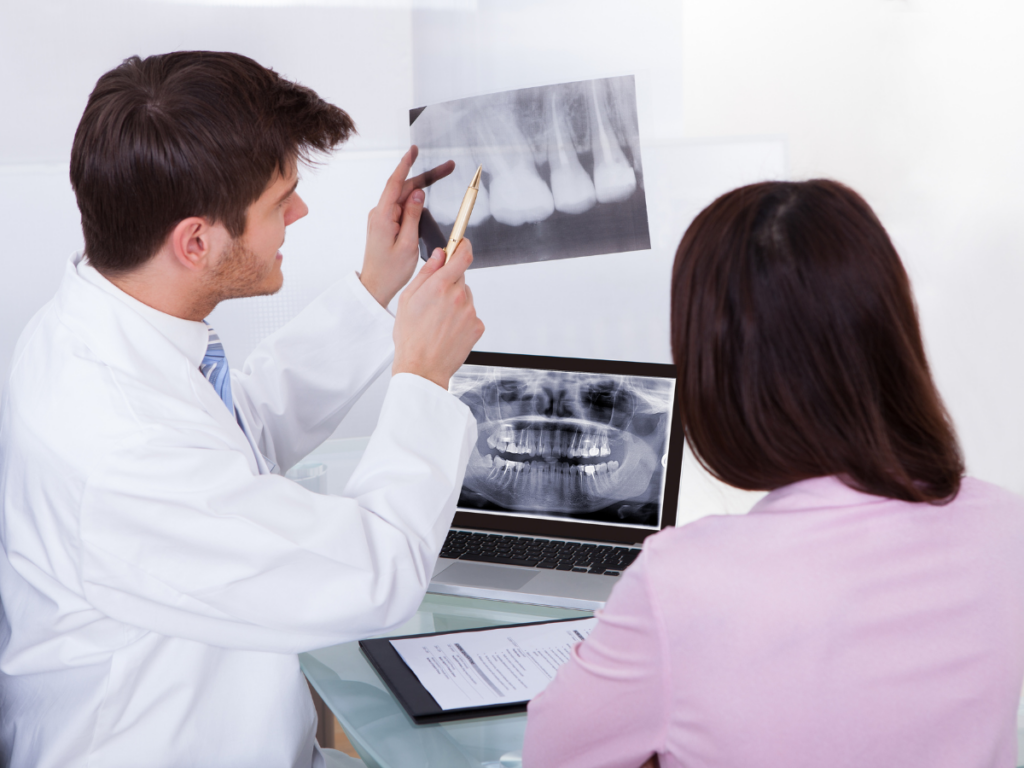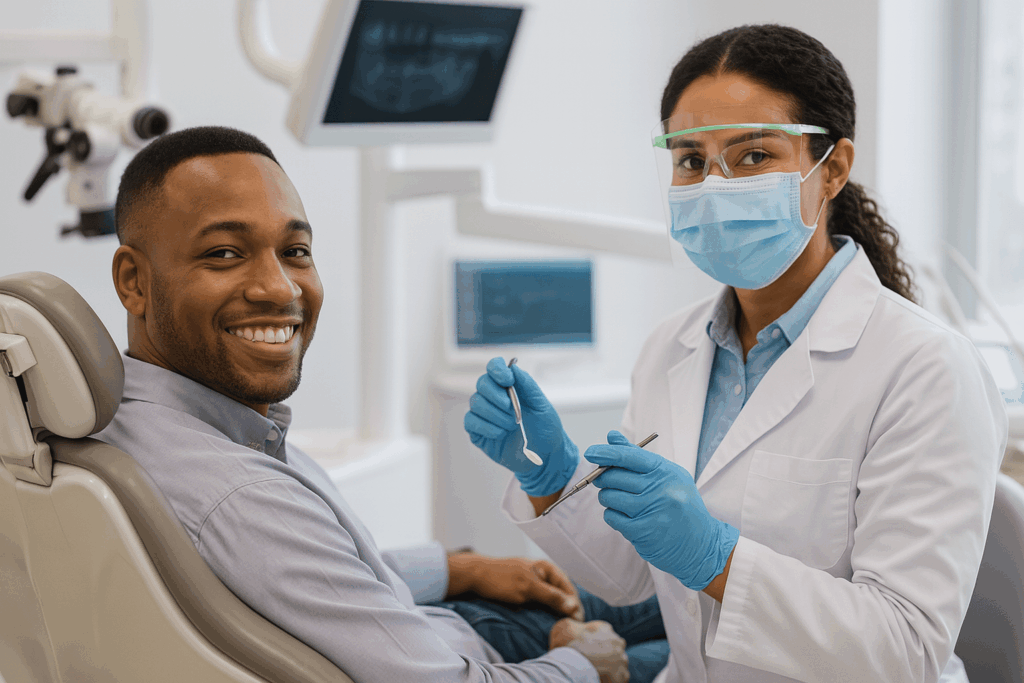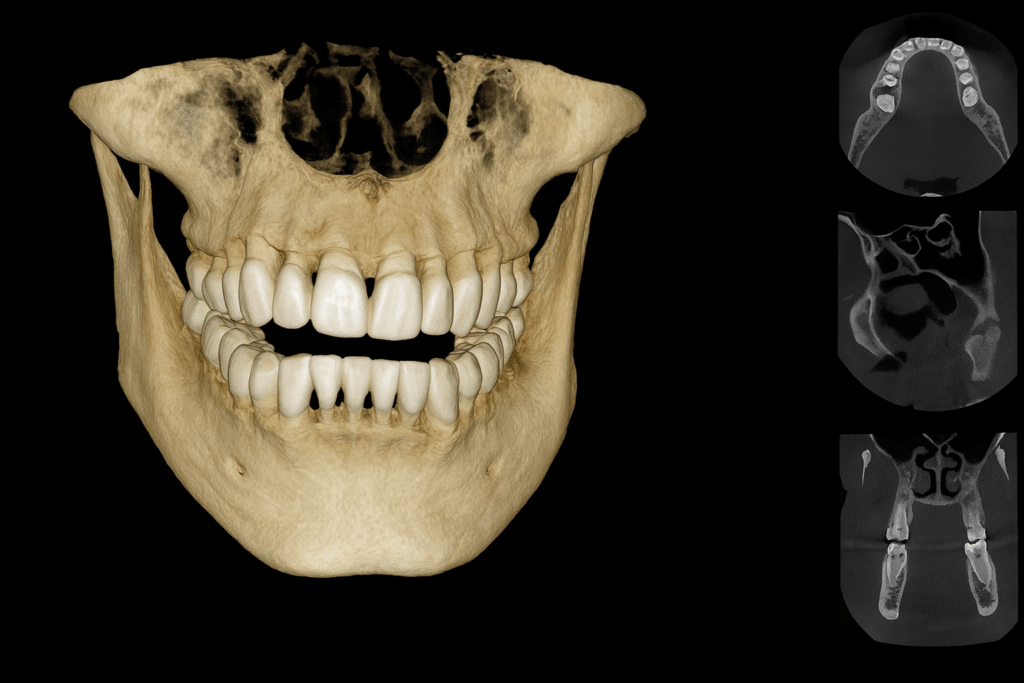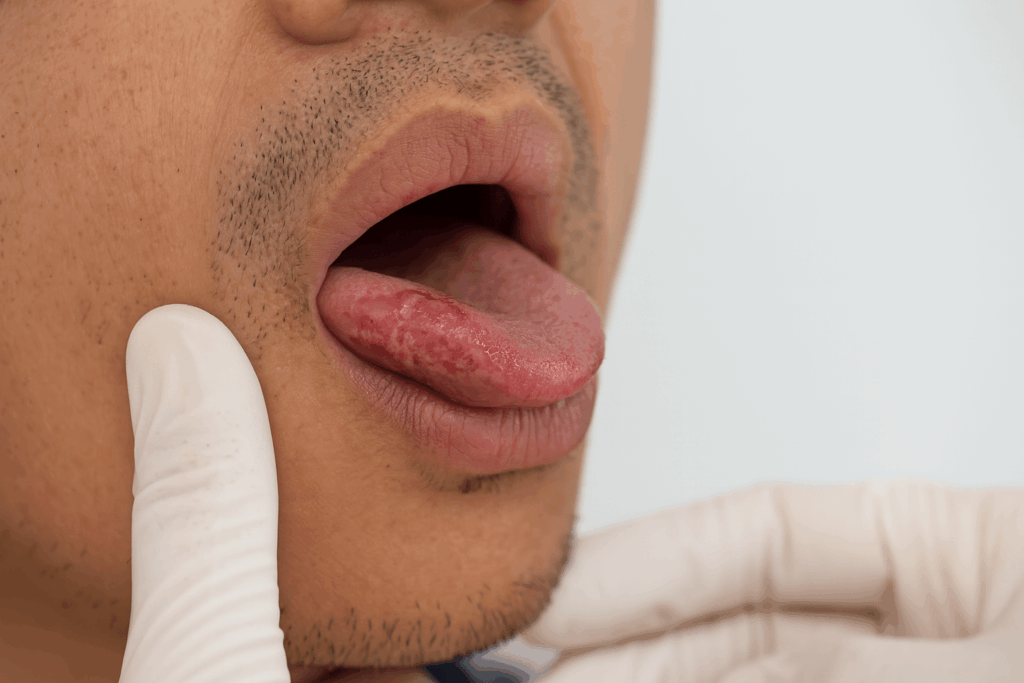For many patients, about 20 to 30 percent in one study rated their last dental visit as moderately painful or worse, making even the simplest procedure feel overwhelming. IV sedation dentistry delivers a controlled dose of sedative medication directly into your bloodstream so you stay calm, comfortable, and pain free from the moment treatment begins.
In this post we’ll explain how IV sedation works, clarify who benefits most, and walk you through exactly what to expect before, during, and after your appointment.
At Elizabeth L. Wakim DDS we combine advanced monitoring systems with personalized sedation protocols to ensure your safety and comfort at every step. Schedule a consultation today to discover how IV sedation dentistry can transform your next visit into a stress free experience.
What Is IV Sedation Dentistry?
IV sedation dentistry, sometimes called twilight sedation, delivers sedative medication directly into your bloodstream through a small intravenous line. You remain conscious and able to respond to simple instructions, yet deeply relaxed and often with little to no memory of the procedure afterward.
Definition and Purpose
This method uses drugs such as midazolam or propofol to achieve moderate sedation. Its main goal is to relieve dental anxiety and discomfort, an approach embraced by 75.7 percent of dental practices that regularly offer conscious sedation to help patients feel calm and pain‑free.
How It Differs from Oral and Inhalation Sedation
Oral sedation relies on pills that take time to absorb and whose effects can vary widely. Nitrous oxide or “laughing gas” provides lighter relaxation and rapid recovery but may not ease severe anxiety. IV sedation, by contrast, acts almost immediately, can be adjusted in real time and is continuously monitored to maintain your comfort and safety throughout the appointment.
Benefits of IV Sedation Dentistry
Deep Continuous Anxiety Management
In the dental office, once you’re settled in the dental chair, IV sedation, sometimes called sleep dentistryoffers steady, continuous calm from start to finish. As detailed in the Cleveland Clinic’s guide to sedation dentistry, this form of conscious sedation delivers medication intravenously so you enter a deep state of relaxation yet remain able to follow simple verbal commands. Reduced anxiety means your dentist can perform multiple procedures in one visit, often requiring fewer appointments overall.
Rapid Onset and Easy Adjustment
Because the sedatives are administered intravenously, you’ll feel the calming effects within seconds rather than waiting for pills to take effect. Your dentist controls the level of sedation in real time and monitors vital signs such as blood pressure to ensure safety. This instant adjustability sets IV sedation apart from general anesthesia and oral sedation and makes complex dental procedures stress free.
Enhanced Pain Control
IV sedation not only eases dental fear but also boosts pain management when combined with local anesthesia or other pain medicine at the treatment site. Many intravenous sedatives have amnesic properties so you’re unlikely to remember any discomfort later. That combination of conscious sedation and analgesia makes lengthy treatments like implant placement or extensive restorations feel straightforward and comfortable.
Who Is a Good Candidate
Most people manage routine cleanings and fillings with local anesthesia, but IV sedation offers extra support in specific situations. Here’s who benefits most:

- Patients with Severe Dental Anxiety: If just thinking about the dentist makes you tense or sends you running for the door, IV sedation can help you relax instead of panic. By keeping you calm throughout your appointment, it ensures you get the care you need without the stress.
- Complex or Lengthy Procedures: Need multiple fillings, root canals or surgical treatments in one visit? IV sedation lets you stay comfortable and still for longer appointments so your dentist can work efficiently and you can avoid multiple trips.
Safety and Side Effects
Conscious sedation dentistry including IV sedation and other forms, offers several benefits for your oral health and complex dental treatment. This approach ensures many patients feel relaxed, can fall asleep or remain in a semi‑awake state, and still respond to verbal instructions while enjoying precise control and safety.
Common Side Effects
- Drowsiness and grogginess lasting several hours as the sedation medication wears off
- Mild nausea or headache, which typically resolve quickly
- Temporary amnesia, so you may have little memory of your treatment
- Bruising or soreness at the IV insertion site from dent anesth pain med delivery
Ensuring Safe Sedation Practices
- Pre‑procedure assessment of your medical history, current medications, and any concerns such as a strong gag reflex, to confirm IV sedation is appropriate.
- Real‑time monitoring of vital signs (blood pressure, oxygen levels, heart rate) throughout your dental work.
- Adjustable dosing of sedation, unlike pill form sedation, IV sedation lets your dentist fine‑tune medication levels on the spot.
- Emergency preparedness of trained staff and reversal agents will always be handy in the rare event they’re needed.
For practical strategies on calming nerves before your visit, explore our tips for dental anxiety to help you feel more at ease.
Frequently Asked Questions
Which sedation medication and dent anaesthetic pain med will you use?
Most dentists use midazolam or propofol for IV sedation, often combined with a small dose of an opioid or local anesthetic as a dent anesth pain med to block discomfort at the treatment site. We deliver all sedation medication through an IV line for fast, reliable relief.
Will I be completely asleep or in a conscious sedation dentistry semi awake state?
IV sedation is a form of conscious sedation dentistry. Many patients fall asleep or drift into a semi awake state yet can still respond to verbal cues if needed. You’ll feel deeply relaxed without the risks of general anesthesia.
How do you monitor my vital signs during treatment?
Throughout your dental appointment we track your blood pressure, heart rate and oxygen levels in real time. This continuous monitoring lets us adjust deep sedation levels on the spot and ensure your safety from start to finish.
What other medications should I avoid before my appointment?
To prevent interactions, skip any over‑the‑counter sleep aids, pain pills (including opioids or benzodiazepines) and avoid alcohol for 24 hours before your visit. Always tell us about prescription or herbal supplements so we can plan safe dental care.
How long should I plan for recovery and when can a family member drive me home?
Plan on 2–3 hours total for your IV sedation visit, including monitoring and recovery. You’ll feel drowsy for several hours afterward, so a responsible family member or friend must drive you home and stay with you until you’re fully alert.
Your Path to Stress‑Free Dental Visits
IV sedation dentistry offers a reliable way to conquer dental anxiety, streamline complex treatments and ensure superior pain control, all while keeping you conscious and able to follow simple cues. From patients with severe fear of the dentist to those undergoing lengthy or multiple procedures, this approach has become a trusted tool in modern dental care.
To help you navigate what happens next, check out our guide to recovering from oral surgery for practical tips on managing your post‑procedure healing and comfort.
Our team at Elizabeth L. Wakim DDS is committed to providing compassionate, personalized sedation dentistry. If you struggle with dental anxiety, a sensitive gag reflex, or need complex dental treatment, we’re here to help. Contact our Pennsylvania office at (724) 558‑8222 or use our contact form to schedule your sedation consultation and receive care tailored to your oral health needs.

Dr. Elizabeth Wakim, DDS, is the founder of Enhanced Wellness. She’s a compassionate and highly-regarded dentist with her own practice in Washington, Pennsylvania, known for providing modern, comprehensive dental care, botox and facial aesthetics with a focus on patient comfort and anxiety reduction, serving general, cosmetic, and pediatric dentistry needs.

